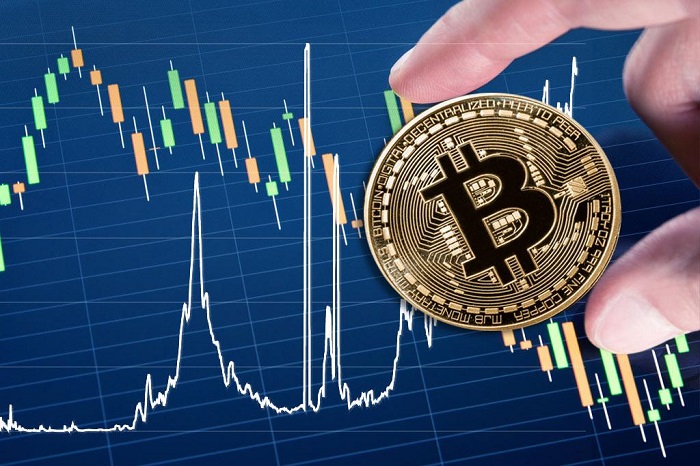How to organize a cryptocurrency exchange: rules and tips

Every year, interest in cryptocurrencies is growing. More and more people use digital assets not only as a means of accumulation, but also as a tool for trading, investing and settlements. However, one of the most common operations in the crypto world is cryptocurrency exchange – a process in which a user converts one digital currency into another or exchanges it for fiat money. To conduct operations such as secure crypto exchange safely and with minimal losses, it is important to understand the key principles of exchange, know the rules and follow proven recommendations.
What to pay attention to?
Before you start exchanging, you should choose a suitable platform. This can be a centralized crypto exchange, a decentralized exchanger or a P2P service. Among the popular central exchanges, we can highlight:
- Binance;
- Kraken;
- Coinbase, etc.
Such exchanges offer high liquidity and a user-friendly interface, but require verification.
Decentralized exchangers, such as Uniswap or PancakeSwap, allow you to maintain anonymity, but require certain knowledge for safe use. P2P platforms, in turn, allow you to directly exchange with other users, but it is important to consider the risks of fraud.
When choosing an exchange service, you need to pay attention to its reputation, fees, rates and the presence of a license, if we are talking about centralized platforms. It is also recommended to study the reviews of other users and make sure that there is a transaction protection system – for example, escrow services that block funds until the transaction is completed.
How to make an exchange?
Before exchanging, it is worth considering the market situation. Cryptocurrency rates can change dramatically, especially during periods of high volatility. Experienced traders recommend using charts and technical analysis tools to make the exchange as profitable as possible. In addition, it is important to remember about commissions, they can significantly affect the final amount, especially when exchanging through several intermediate assets.
Security plays a key role in any exchange. You should never share your wallet details or private keys with anyone else. It is recommended to use cold wallets or reliable multi-account services with two-factor authentication to store your assets. If you are exchanging via a little-known platform, you should start with a small amount and always check the recipient’s addresses.
